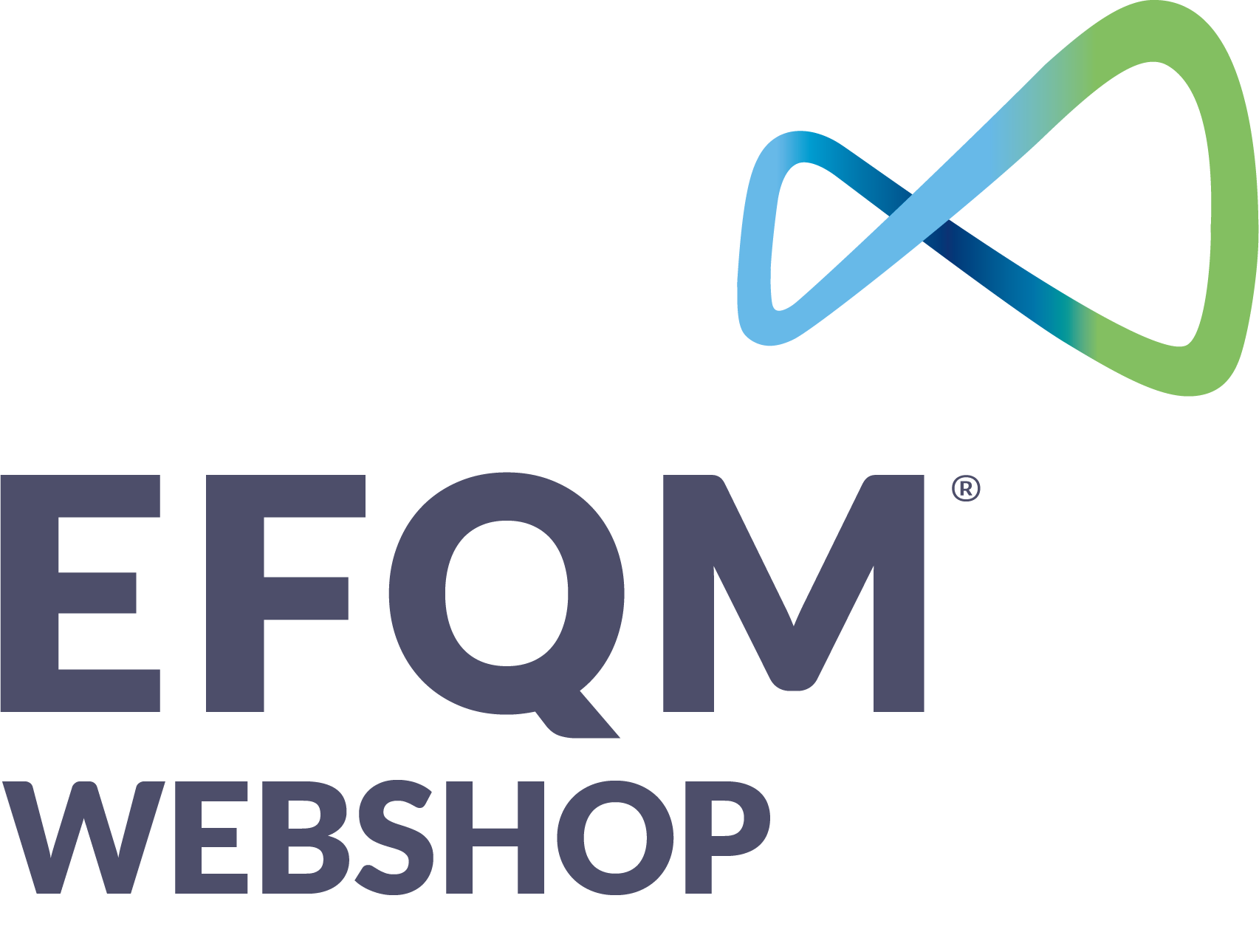The EFQM Model 2025
Driving sustainable performance together
This is a 72pp brochure to help you improve the performance of your oganisation.
For over 35 years, EFQM has fostered positive change, guiding over 50,000 organisations on their unique paths. Today's definition of success demands more than just results; it requires a commitment to a sustainable future for all.
EFQM's framework - The EFQM Model, EFQM's Learning Pathways and AssessBase - empowers organisations to navigate their journey towards sustainable performance through transformation and continuous improvement.
We transcend best practices, helping organisations understand their strengths, identify areas for improvement, and align their actions with environmental, social, and economic goals.
We believe in collaborative impact. Through integrated training and services, we partner with leaders and their teams, equipping them to drive cultural change and lead the charge in sustainable transformation.
Our mission: To empower organisations to achieve lasting impact, build a more sustainable future, and deliver meaningful benefits for all stakeholders.
About EFQM
A message from our CEO
1 Introducing the EFQM Model
1.1 Guiding principles that shaped the EFQM Model
1.2 Use cases
1.3 The EFQM Model: concept & structure
1.4 Case studies
2 The EFQM Model
Direction
Criterion 1: Purpose, Vision & Strategy
Criterion 2: Organisational Culture & Leadership
Execution
Criterion 3: Engaging Stakeholders
Criterion 4: Creating Sustainable Value
Criterion 5: Driving Performance & Transformation
Results
Criterion 6: Stakeholder Perceptions
Criterion 7: Strategic & Operational Performances
3 The EFQM Diagnostic Tool: RADAR
3.1 Introduction
3.2 Applying RADAR for Direction & Execution
3.3 Applying RADAR for Results
3.4 Scoring using RADAR
3.5 RADAR guidelines for Direction & Execution
3.6 RADAR guidelines for Results
4 EFQM Scoring Analysis
5 AssessBase
6 Glossary
7 Acknowledgements
For over 35 years, EFQM has fostered positive change, guiding over 50,000 organisations on their unique paths. Today's definition of success demands more than just results; it requires a commitment to a sustainable future for all.
EFQM's framework - The EFQM Model, EFQM's Learning Pathways and AssessBase - empowers organisations to navigate their journey towards sustainable performance through transformation and continuous improvement.
We transcend best practices, helping organisations understand their strengths, identify areas for improvement, and align their actions with environmental, social, and economic goals.
We believe in collaborative impact. Through integrated training and services, we partner with leaders and their teams, equipping them to drive cultural change and lead the charge in sustainable transformation.
Our mission: To empower organisations to achieve lasting impact, build a more sustainable future, and deliver meaningful benefits for all stakeholders.
Contents
About EFQM
A message from our CEO
1 Introducing the EFQM Model
1.1 Guiding principles that shaped the EFQM Model
1.2 Use cases
1.3 The EFQM Model: concept & structure
1.4 Case studies
2 The EFQM Model
Direction
Criterion 1: Purpose, Vision & Strategy
Criterion 2: Organisational Culture & Leadership
Execution
Criterion 3: Engaging Stakeholders
Criterion 4: Creating Sustainable Value
Criterion 5: Driving Performance & Transformation
Results
Criterion 6: Stakeholder Perceptions
Criterion 7: Strategic & Operational Performances
3 The EFQM Diagnostic Tool: RADAR
3.1 Introduction
3.2 Applying RADAR for Direction & Execution
3.3 Applying RADAR for Results
3.4 Scoring using RADAR
3.5 RADAR guidelines for Direction & Execution
3.6 RADAR guidelines for Results
4 EFQM Scoring Analysis
5 AssessBase
6 Glossary
7 Acknowledgements

